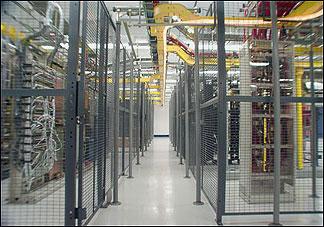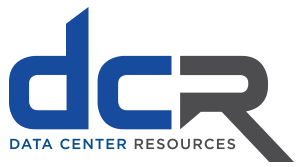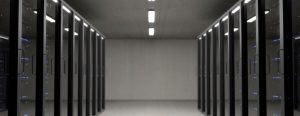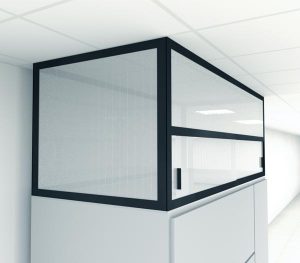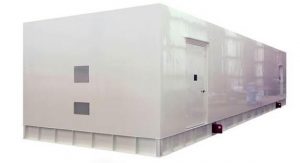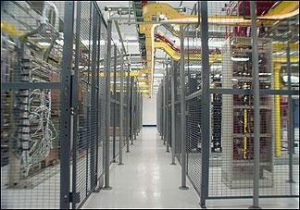 The Right Server?
The Right Server?
The role of a server is to store, manage, submit and process data. If a business has at least five staff members, it makes sense to invest in a server. Doing so provides a centralized and secure solution for storing files, sharing applications and providing convenient access to other commonly used computing resources. If you want your business to reap all the benefits that a server can provide, here’s what you need to know in order to choose the right server for your business:
Identify Your Specific Needs
Some businesses simply need a server that can store and print files. Other businesses need additional functionality like running a database application and hosting an email server. Based on what your business needs, you’ll be able to narrow your search for a server to options that provide the specific functionality you require. It’s also a good idea to identify what software applications you want to run in advance. Knowing this will help you avoid any compatibility problems with your server.
Look for a Proven Track Record
A business server is only as good as its uptime. So as you begin researching specific models, be sure to look for information about their reliability. If a specific model has multiple reviews that mention ongoing problems with downtime, it’s going to be best to cross that server off your list.
Should You Choose Blades or a Tower?
While blade servers can work well for an organization that requires multiple servers, the average small business that’s buying its first server will be best served by an entry-level server in a tower configuration. Not only will this type of server provide all the functionality you need, but it only takes up a minimal amount of physical space.
Processor and Memory: What Actually Matters
A solid multi-core processor with at least 500GB of disk storage is sufficient for an entry-level file server. If your business has more demanding needs, a server grade processor will be your best choice. NAS, which stands for network attached storage, is another option for storing additional data. This term refers to a device that can be plugged into the server and provide additional storage.
Ensure Backups Can Be Automated
According to the SBA, while the majority of small businesses are backing up important data like financial information that’s on their servers, they’re only doing these backups on-site. In the event of a flood, theft or other form of physical damage, even the backups may be damaged beyond repair. If you want to ensure that your data is never lost even in the event of a disaster, it’s important to have the ability to do an off-site or cloud backup. And because it’s so easy to procrastinate about backups, make sure that your server and backup solution allows for this process to be automated. If you want to work with an experienced industry leader that can help you find the right solutions for your data center needs, it’s easy to get in touch with Data Center Resources.

